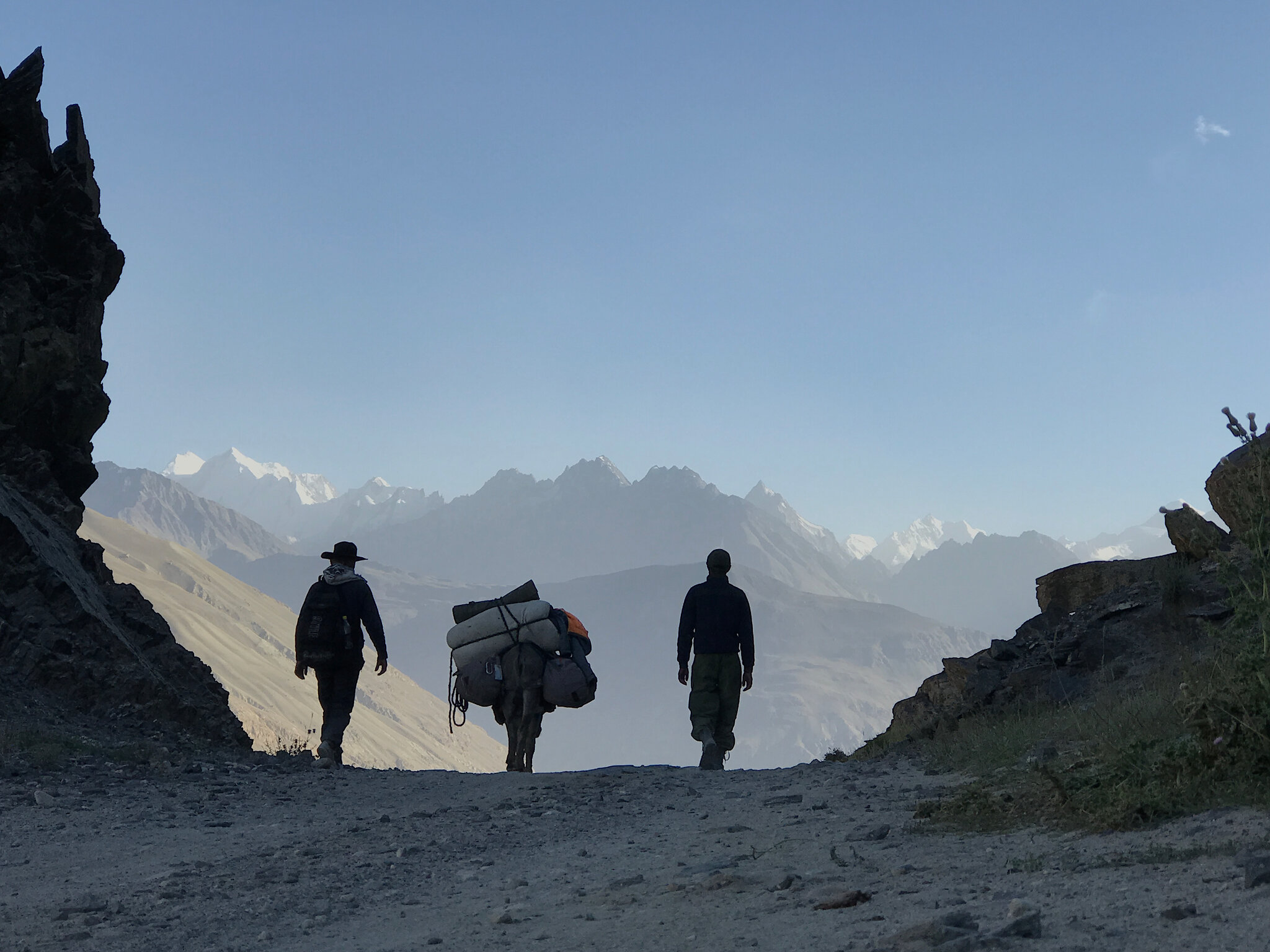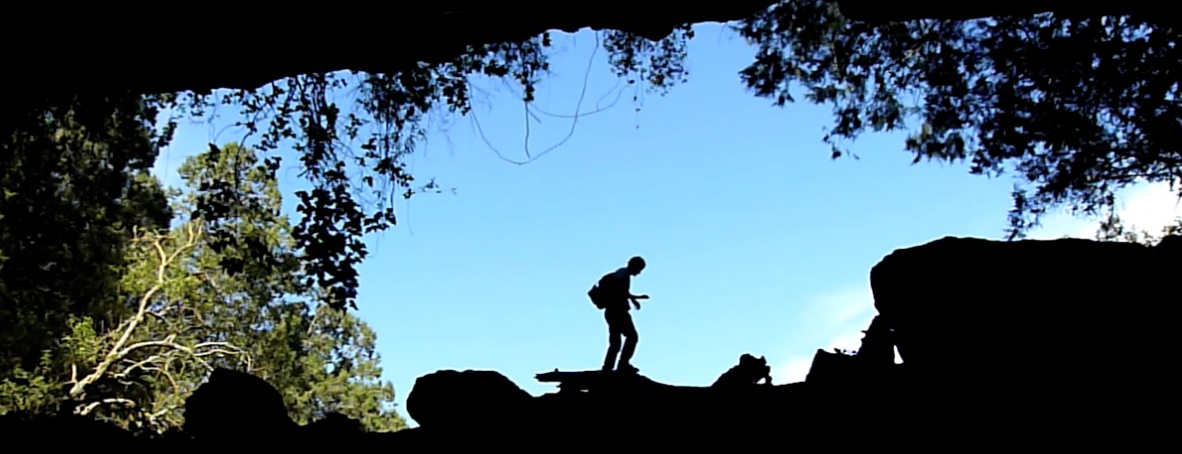
Paul Salopek has been walking across the world since 2013. His trek follows the path of ancient human migration, and along the way he is documenting what he sees for National Geographic and "using the deep past as a guide to navigate current events."
For an opinion piece in The New York Times, Salopek reflects on his travels along the Silk Road in Central Asia—a historic crux of innovation and culture that is now considered in the West to be a backwater.
"The Silk Road made our world," he writes. "Ten centuries ago, incredibly diverse societies spanning a hemisphere extended an open hand — true enough, one holding the coin of commerce — and not a closed fist. Humanity's capacity for curiosity grew. So, for a while, did intellectual achievement and open-mindedness."
From the televisions in Uzbek truck stops, Salopek also observed a waning America, as the Trump presidency heightened division and retreated from the world stage.
"Pacing off continents is an exercise in humility," Salopek writes. "You inhabit the limit of your daily strides. To the next tree shade. To the next horizon. In return, the walk confers a kind of equanimity. Call it the long view. The Silk Road soon enough becomes every road. And just as some nations sink into their dreams along your way, others blink awake."
The Pulitzer Center is an educational partner of Salopek's project, titled Out of Eden. Salopek's walk is a particularly useful and beautiful example of slow journalism that renders the oldest story in human history using innovative digital tools of the 21st century. Educators can use the walk as a teaching tool, by exposing classrooms to the literary and visual delights of the project while having students design and implement a narrative walk of their own. Read more about education resources for Out of Eden here.






